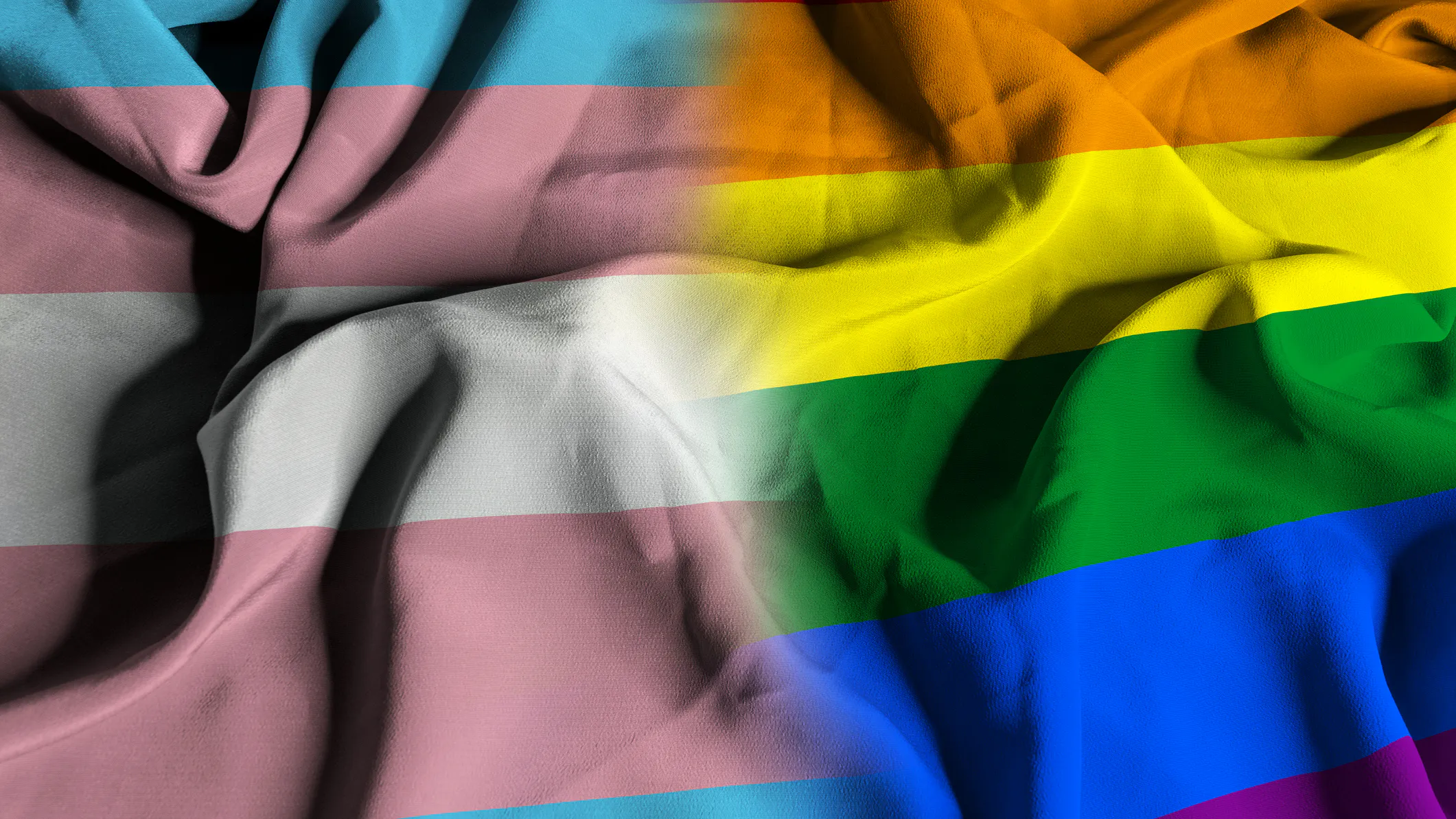Discrimination based on sexual orientation or gender identity will now be a punishable offense in the state of Michigan.
On Wednesday, the Michigan legislature made LGBTQ+ discrimination a civil rights violation through Senate Bill 4 and its companion legislation, House Bill 4003. The legislation now heads to Gov. Gretchen Whitmer for passage, who will likely sign it. Whitmer praised the legislation’s passage in a statement and on social media; the governor has consistently advocated throughout her administration for expanding LGBTQ+ protections to include prohibitions on any discriminatory behavior.
“[This legislation] will help ensure Michiganders can’t be fired from their job or evicted from their home based on who they love or how they identify,” stated Whitmer. “This is about doing the right thing, and it is just good economics. Bigotry is bad for business, and ensuring these protections will build on our reputation as a beacon of opportunity where anyone can succeed.”
No one should be fired from their job or evicted from their home because of who they are. For years, I’ve been calling for changes to the Elliott-Larsen Civil Rights Act to strengthen legal protections for the LGBTQ+ community.
I'm proud that we’re finally getting it done.
— Gretchen Whitmer (@gretchenwhitmer) March 9, 2023
Under Michigan law, punishments for civil rights violations may include civil fines ranging from $10,000 for the first violation to $50,000 for two or more violations within a seven-year period, as well as any other relief the state’s civil rights commission deems appropriate.
The legislation originated with Senate President Pro Tempore Jeremy Moss (D-LD07).
Celebrating #equality as the Michigan House passes my bill to include #LGBTQ protections in the Elliott-Larsen Civil Rights Act and sends it to @GovWhitmer to be signed into law!
What a moment. pic.twitter.com/SEWdqCs4ep
— Senator Jeremy Moss (@JeremyAllenMoss) March 8, 2023
Moss’ bill passed the Senate 23-15 last Wednesday; the House version passed 64-45 on Wednesday. Moss and fellow Senate Democrats resisted amendments that attempted to afford greater religious protections due to concerns that the bill would result in the punishment of people upholding their religious beliefs. Moss claimed that the expansion wouldn’t result in people being forced to act against their religious beliefs.
“Adding sexual orientation and gender identity to the act will not compel a church to marry an LGBTQ couple,” stated Moss. “But adherents of a religion are required to follow neutral, generally-applicable laws.”
However, Moss then implied that not all interpretations or claims of religious beliefs should be considered valid.
“Clearly some of you still want to use one verse in Leviticus to discriminate against LGBTQ people. But if you were truly sincere, a true sincere adherent to Leviticus, and you let it define how you treat other people, let it instead be the verse that rabbi Akiva, the ancient Jewish scholar and chief of the sages said was the greatest principle of the Torah […] love thy neighbor as thyself, that it is forbidden to do others what you would not want done to yourself. Treat others how you would want to be treated. I studied the Torah in Hebrew school; you’re not going to challenge me on the Old Testament. Just the fact that some of you can forget that simple principle, that’s what some might call sacrilegious.”
For far too long, #LGBTQ Michiganders could not seek justice after enduring discrimination because we were excluded from our state’s civil rights act.
In a historic vote today, the Michigan Senate passed my bill to expand the act and liberate our community. 🏳️🌈🏳️⚧️ pic.twitter.com/heEhTktKe9
— Senator Jeremy Moss (@JeremyAllenMoss) March 1, 2023
The New Testament definition of love includes the stipulation that love doesn’t rejoice in “unrighteousness,” or “wrongdoing” – meaning, sin. It also identifies homosexual behavior as sinful in the apostles’ writings, specifically in Romans.
CLICK HERE TO GET THE DAILY WIRE APP
Court rulings stand in conflict with Moss’ claim that individuals won’t be punished for religious beliefs. Last summer, Michigan’s highest court ruled against two businesses who conducted their operations in accordance with their religious beliefs. The Michigan Supreme Court issued their ruling in Rouch World LLC, et al. v. Michigan Department of Civil Rights, et al. based on a similar interpretation of civil rights protections passed Wednesday by the state legislature.
The court declared last July that the state’s civil rights protection extended to sexual orientation and gender identity. The majority ruled against two businesses for refusing services based on their religious beliefs: Rouch World, who refused to host a same-sex wedding, and UpRooted Electrolysis, who refused to give hair removal services to a man identifying as a woman.

.png)
.png)

